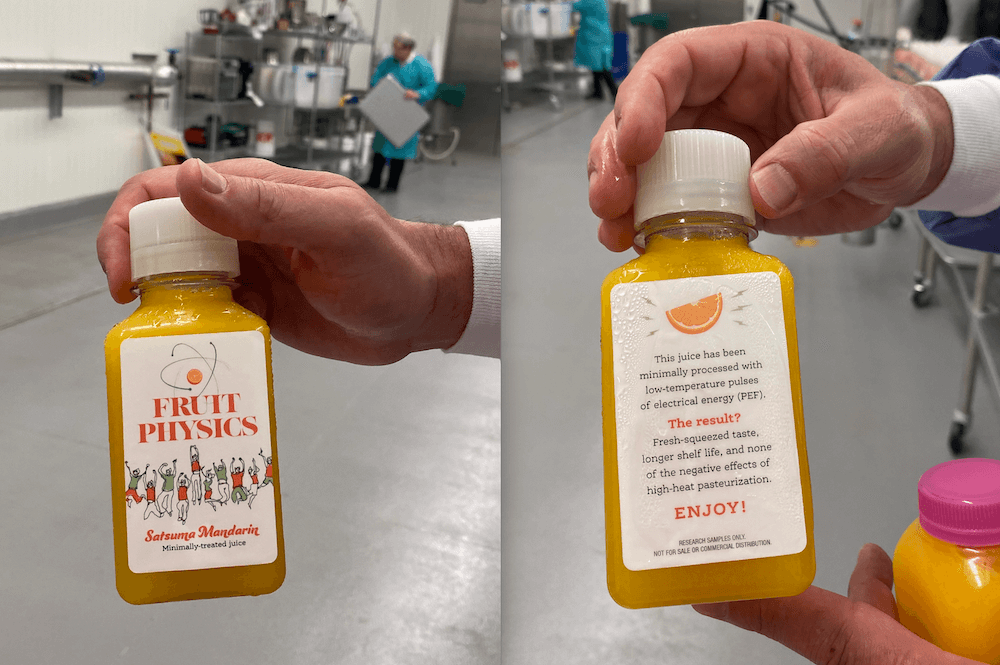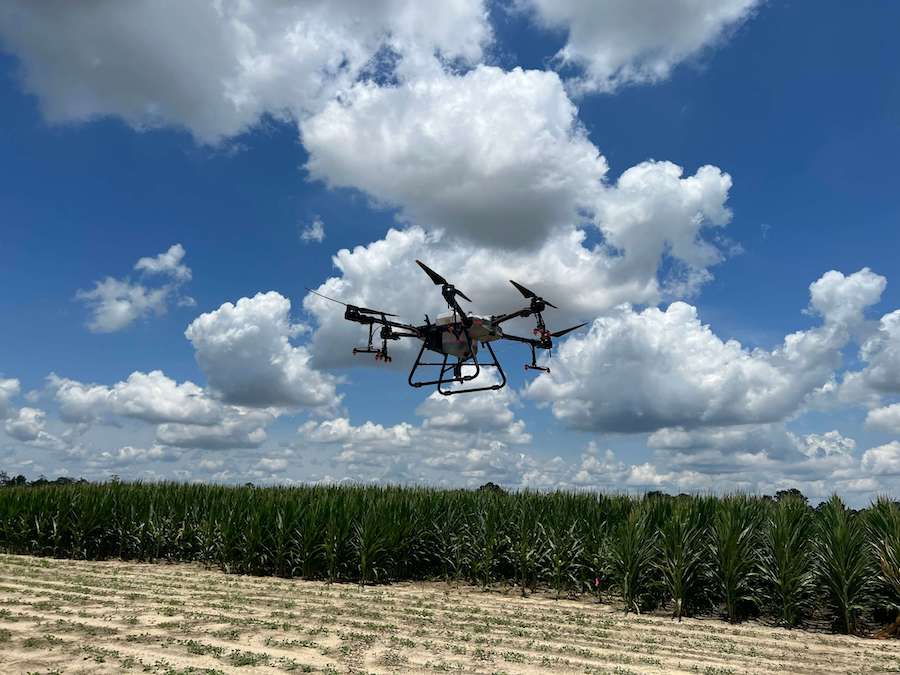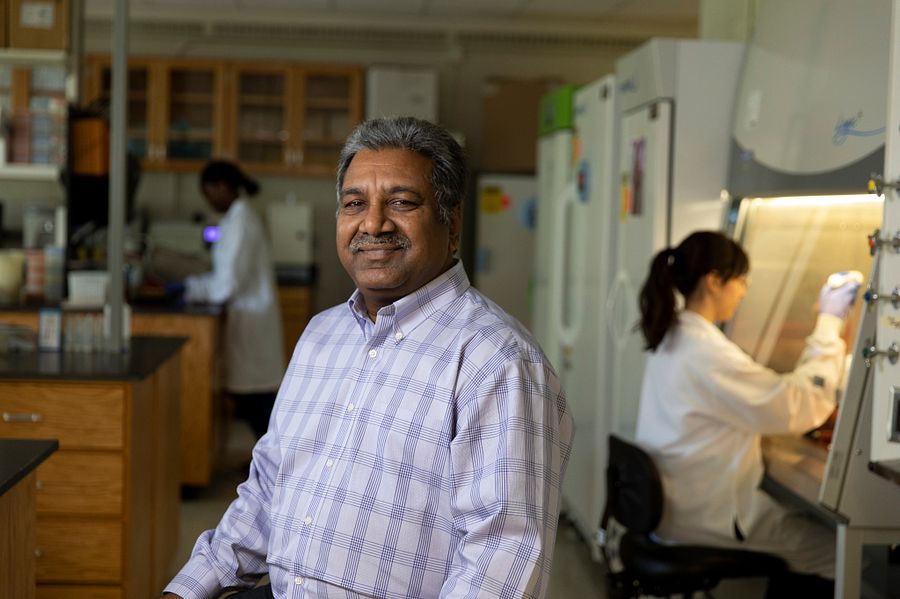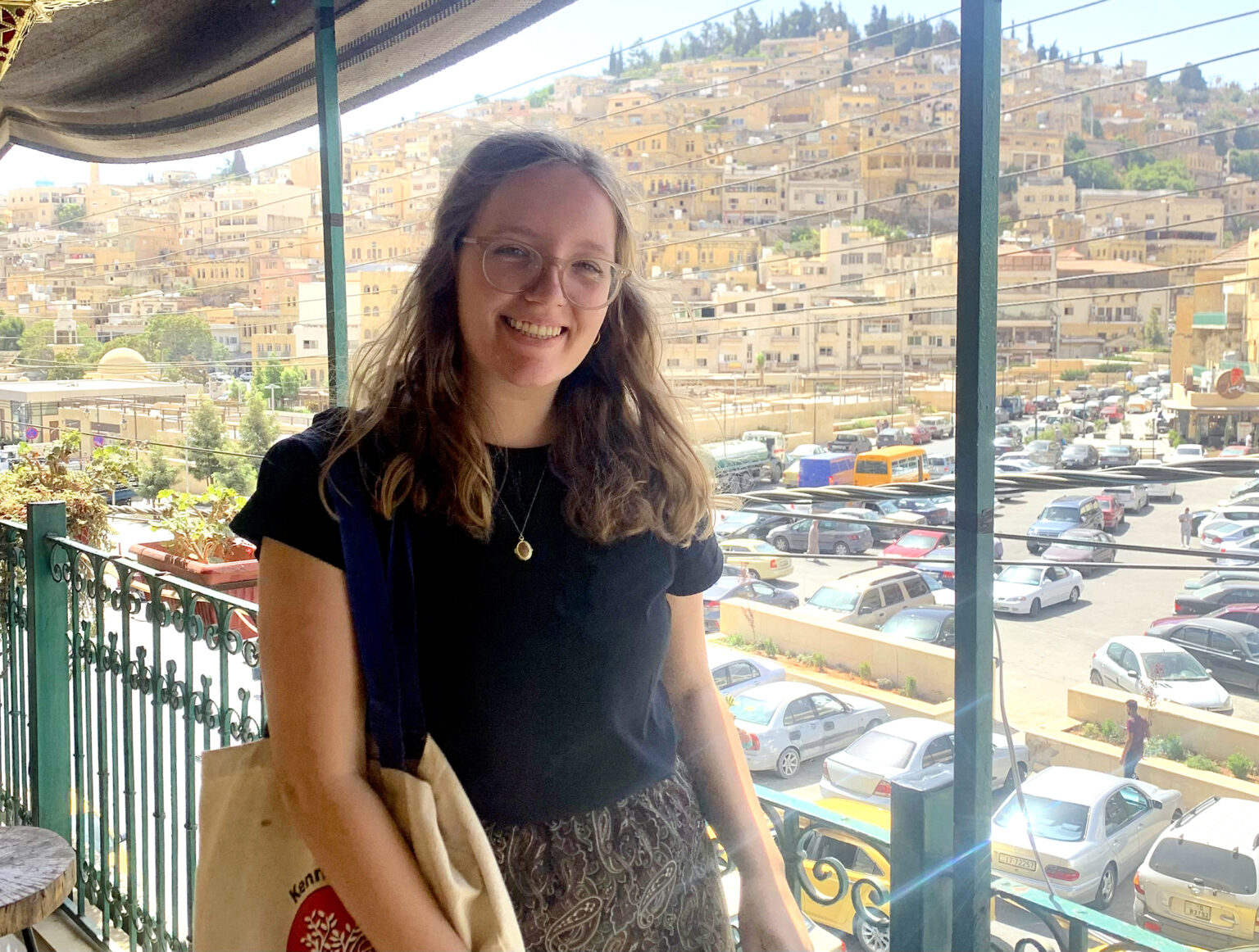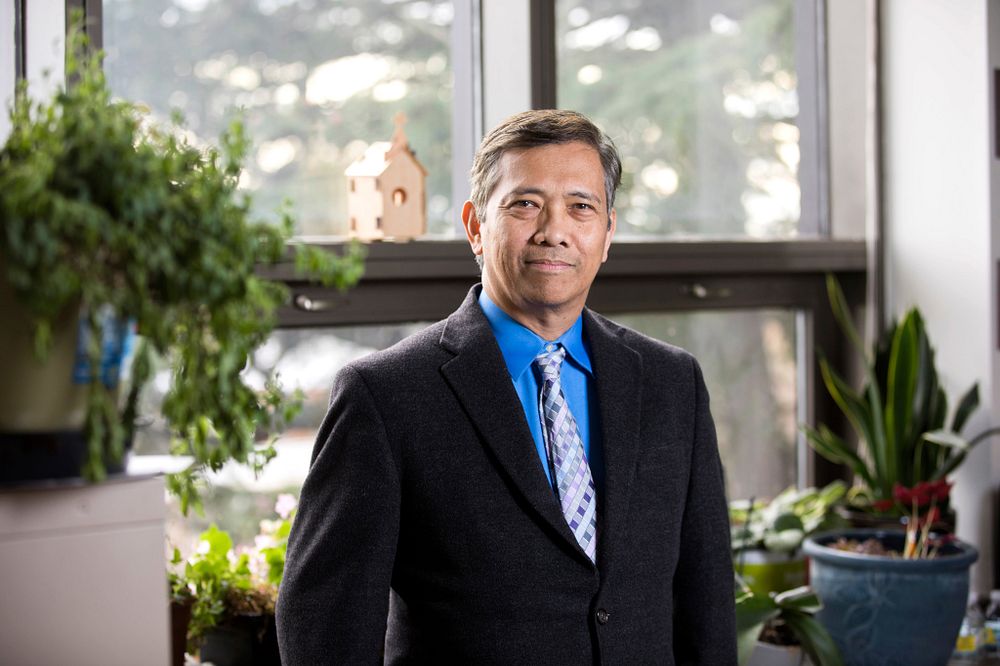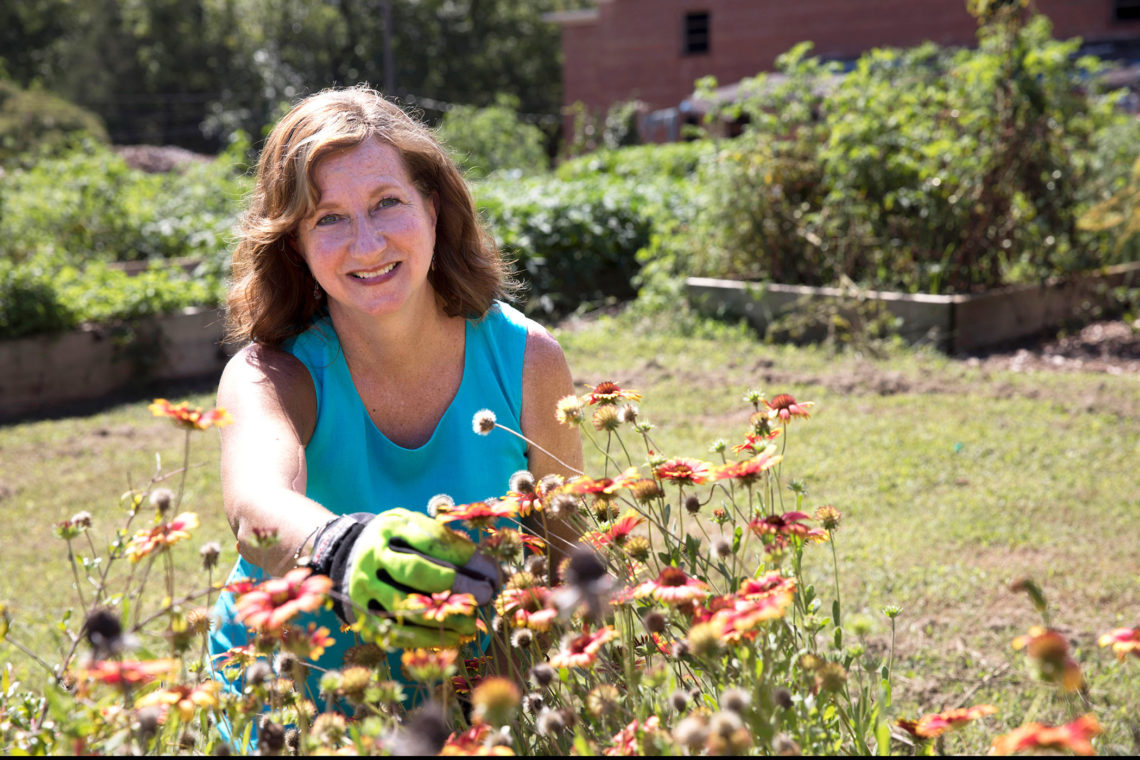 CAES News
CAES News
Farm to School Month grows student understanding of agriculture
October is National Farm to School Month, and this year students will learn more about a leafy green that is packed with nutrition through the theme “Spinach to Win It.” Farm to School Month is coordinated by Georgia Organics in partnership with University of Georgia Cooperative Extension and other institutions. Together, they focus on a specific crop to help students across the state learn more about agriculture and how food ends up on their plates.

.jpg)

